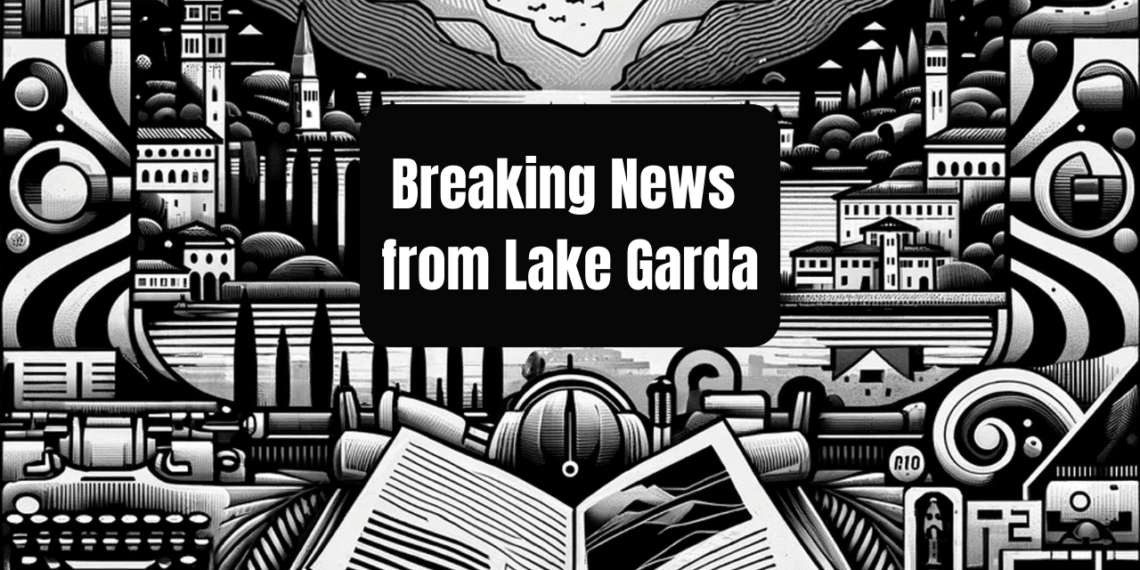Recent historical research has shed light on the dramatic reality of the black market during the period of the Italian Social Republic, highlighting how many families around the Lake Garda were forced to confront food scarcity. During the war years, families received a ration card, which allowed them to purchase limited food supplies. However, many found themselves resorting to illicit channels to obtain essential goods such as bread and meat, paying exorbitant prices to merchants who took advantage of the situation.
In particular, the analysis revealed that military personnel and public officials received rations that were significantly higher than those of the civilian population. This food imbalance often led to the illicit trafficking of surplus food, sold on the black market. Historical data indicates that while a civilian might be entitled to 150 grams of bread per day, an official received half a kilo. The situation was further exacerbated by systematic irregularities in the request for rations, where civilian and military households reported inflated numbers to obtain extra food for resale. Such practices highlighted not only the daily struggles of citizens but also the social inequalities that were amplified by the war.


